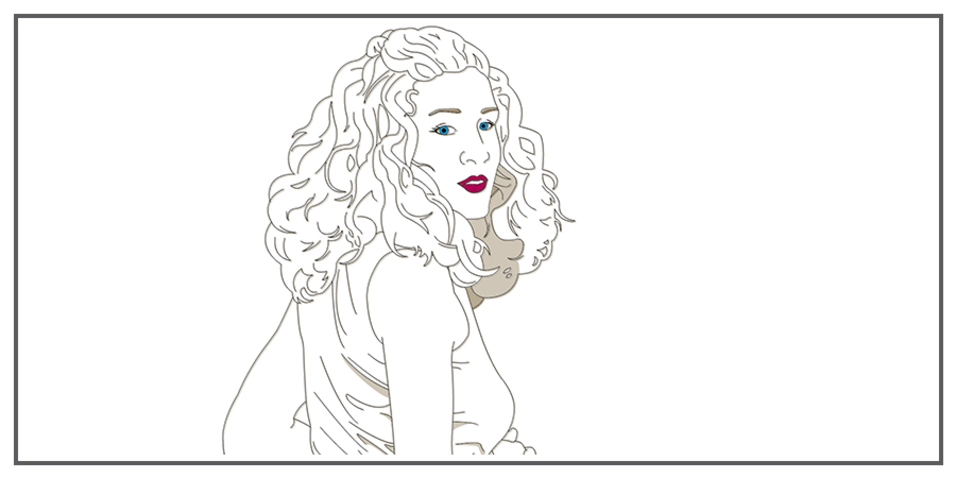
Yes, it was scandalously frivolous, and yes, it can also be accused of being sexist or not credible (who can live a life of luxury in the most expensive city in the world?), of abusing of stereotypes, of showing a false prosperity, of a lack of racial and ethnic diversity, etc. But in ‘Sex and the City’ one of the (most) recurrent topics was sex. And, for the first time, those who talked about it were not men. Four women around a table talking about their crushes, their sexual encounters, their expectations, and about everything they had. They were not teenagers trying to decide with whom they wanted to go to the ball. They were not mothers who usually met after bringing their kids to school to criticise their husbands and gossip about their neighbours while they were exchanging recipes. They were single women over 30, who were (more or less) workers, had no children and enjoyed an active sex life. That was their transgression.
They provided us with some of the best gags in the history of television - high comedy. Yes, we have not gone crazy. Many of them were inspired by true stories of scriptwriters’ lives. For example, when Miranda discovered that her cleaning lady had replaced her vibrator by a picture card of the Holy Virgin; or when Carrie, while sitting on the toilet, proposed her new lover to drink a hot tea instead of performing a golden shower, which was his desire; or when Samantha said to her affair that his semen had a terrible taste. Who does not empathise with Carrie, when the third-rate writer breaks up with her on a post-it-note? And anyone who did not want to buy a rabbit vibrator after seeing how the sweet Charlotte died of pleasure and got addicted to it, please, raise your hand (if it did happen to you, you are not the only one: the nice vibrator rose to stardom after the broadcast of that chapter).
It was the ‘90s and for the first time one could watch in prime time (on pay TV, of course) four adult women talking about female pleasure. And here comes something even more surprising: fiction had the goal to reach a massive audience. Was it successful? More than 20 years after its first release we are still speaking about it, so we believe so. Its strength did not lie in its plot, but in its fast and well-aimed dialogues. And so, without fake morality and prejudices and in a funny way, several taboos were broken, such as female masturbation, vibrators, orgasms, abortion, cancer or maternity.
They talked about everything. And while drinking Cosmopolitans and leading uninhibited and apparently unsubstantial dialogues, they opened the door to topics that had never been brought up in television. The choice of not being a mother. The abortion as a women’s right - legal, voluntary and without regrets or traumas. And the other side of the coin: the inability of giving birth, the frustration and sadness due to the unsuccessful desired pregnancy. The breast cancer, the emotional and physical outbursts, the treatment and its consequences, the hair loss, the loss of libido, the fear.
It is unfair to rate a series from the current point of view of #MeToo, but ‘Sex and the City’ changed the rules and contributed to change. There was life in TV before Game of Thrones. “Welcome to the age of un-innocence. No one has breakfast at Tiffany’s and no one has affairs to remember. Instead, we have breakfast at 7am and affairs we try to forget as quickly as possible”. Did the series succumb afterwards to the myth of romantic love? Of course, but that first chapter is part of the history of television. Four friends, lots of laughs and a lot of sex, without regrets. That was the revolution, although it may seem incredible now.












